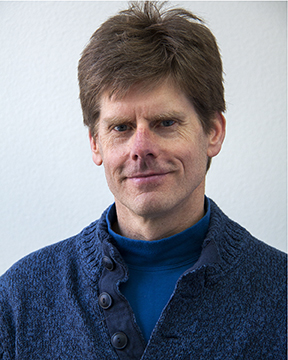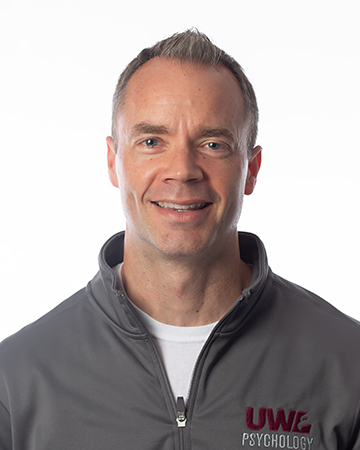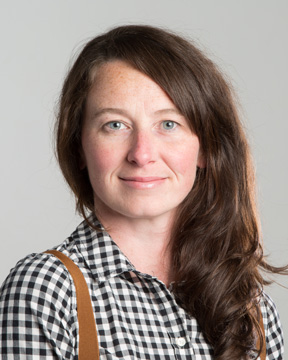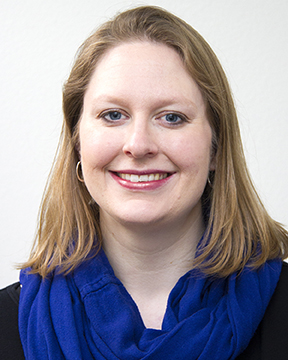College of Arts, Social Sciences, & Humanities (CASSH)
Sabbatical Program
Sabbatical Policy
The faculty sabbatical program is governed by UW System Administrative Policy 160. Refer to the UWL Provost Office Sabbatical Guidance website for further information regarding the following:
- Eligibility requirements
- Available sabbatical types
- Sabbatical compensation
- Considerations for grants and other awards for sabbatical activities
- Additional considerations
Purpose
The purpose of the sabbatical program is to enable recipients to be engaged in intensive study in order to become more effective teachers and scholars and to enhance their services to the university. This privilege is granted to faculty members on the merit of their past academic contributions.
Deadline
4:30 p.m. the second Friday of September to casshdeansoffice@uwlax.edu
Sabbatical Expanding
CASSH Sabbatical Application & Review Procedures
Application & Review Procedures
Deadline: Sabbatical applications are due via email to the Dean’s Office by 4:30 p.m. the second Friday of September.
- Faculty intending to apply for sabbatical leave must discuss their intentions with their respective department chairs in the spring term prior to the fall application submission deadline. Faculty must be tenured at time of application.
- A faculty member should complete all required sabbatical application materials (refer to the Application Content section for requirements) and submit the full application via email to the Dean’s Office by the above referenced submission deadline. Applicants are advised to review and strictly adhere to sabbatical application guidelines.
- The college’s sabbatical review committee will review and recommend proposals to the Dean. In CASSH, this committee is comprised of three previous sabbatical recipients—one each in the Arts, Social Sciences, and Humanities—and the Associate Dean.
- Proposals are evaluated according to the application guidelines and review criteria. General guidelines for sabbatical leave can be found on the UWL Provost Office Sabbatical Guidance website.
- After receiving committee recommendations, the Dean will make decisions and then forward the final list to the Provost.
- Final sabbatical decisions will be announced no later than November 1.
- After initial acceptance of a sabbatical project, faculty must inform the Dean in writing of the following:
- Any changes in the proposed project. Substantial changes may be reported by the Dean to the college’s sabbatical review committee for possible reconsideration.
- Any additional funding received for sabbatical as soon as award notification is received. For sabbatical leaves lasting one semester, a faculty member may receive up to 100% of full compensation from institutional support; compensation shall not exceed 100% of their annual salary. For 1-year sabbaticals, faculty may receive up to 65% of full compensation from institutional support. A faculty member may receive and is encouraged to seek supplementary grants or awards, from UWL or external sponsors while on sabbatical leave. Such compensation, when combined with the amount of institutional compensation, shall not exceed 100% of their annual salary.
Sabbatical Application Content
Application Content
Submit the full application to the Dean’s Office via email prior to the submission deadline. Required content is as follows:
1. Board of Regents' Abstract/Title Page- Use Title Page Template
-
- Provide a 100-word maximum layperson summary of your proposed sabbatical activities.
- Sample abstracts
2. Table of contents
3. Narrative
The CASSH Sabbatical Committee requests special attention to the following questions:
-
- the nature and objectives of the proposed sabbatical program;
- the relationship of the proposed sabbatical program to the faculty applicant’s field of expertise;
- the anticipated contribution of the proposed sabbatical program to the enhancement of teaching and/or course and curriculum development at the institution or in the UW System;
- the proposed period and/or schedule of sabbatical study;
- the reason(s) the proposed sabbatical program cannot be completed as part of the normal instructional faculty assignment during the academic year;
- the objectives and how they will be attained (e.g., list courses or describe field work or clinical work; describe any additional financial support that is to be obtained);
- the way in which the knowledge or experience gained will be disseminated to your department and the University in general;
- the evaluation procedures that will be used to determine whether or not the specified objectives were achieved;
- the name(s) and reasons for choosing (1) the person(s) with whom or under whom you intend to study or work, (2) the location(s) where the study will be conducted and an estimate of the length and projected use of time spent at each location.
4. Budget
-
- Using the budget template, identify and estimate all anticipated expenditures (line item format). Items should include travel, maintenance, tuition, laboratory and/or library use fees, or computer charges. Specify sources of funding to which you intend to make requests in support of your research/travel.
5. Department chair letter of support
-
- Using the support letter template, the department chair’s letter should specifically address the department’s ability to meet programmatic need with the standard college-level funding for staff replacement listed in the template.
6. List of all grants and other awards applied for or to be received during the leave
7. Abbreviated CV (2-3 pages)
8. Letters of support/recommendation from any external partners referenced in the application
9. Additional supporting documents that may be helpful for evaluating the proposal
10. Applicants are also advised to consider the following suggestions:
-
- Review samples of successful CASSH sabbatical proposals, available by contacting the CASSH Dean’s Office. Members of the CASSH Sabbatical Committee are also available for consultation, especially in the early phases of your proposal preparation.
- Write clearly, using language understandable to readers from different disciplines.
- Ask others to read your proposal before you submit your final draft to the Committee.
- Proofread your proposal carefully.
- Give special care to the appearance of your proposal.
Sabbatical Application Review Criteria
Application Review Criteria
The sabbatical review committee will evaluate each application based on the following criteria, and employs this rubric:
- Projects should align with UW System and UWL criteria. Refer to the UWL Provost Office Sabbatical Guidance website.
- The project should enhance teaching, course and curriculum development, and/or research, creative, and/or other scholarly activities related to instructional programs within the faculty member’s field of expertise.
- The project should lead to results that can be disseminated through a reputable journal, book form, teaching, or other recognized forms of presentation and dissemination.
- The project should demonstrate originality.
- The sabbatical length, schedule, and additional funds needed are appropriate to accomplish project objectives.
- The proposed evaluation procedures are appropriate for the project.
- Sabbatical proposal is concise, well-written, and clear.
Grants & Other Awards for Sabbatical
Grants & Other Awards for Sabbatical Activities
A faculty member may receive and is encouraged to seek supplementary grants or other awards while on sabbatical leave. Note sabbatical compensation is subject to certain restrictions and requirements addressed on the UWL Provost Office Sabbatical Guidance website.
Return from Sabbatical Requirements
Return from Sabbatical Leave
- A faculty member must return to UWL for at least one academic year of service after the termination of a sabbatical or repay any compensation (salary plus the university’s share of fringe benefits) received from UWL during the sabbatical.
- A faculty member must submit a written report to the Dean’s Office using the Sabbatical Reporting Form within three months of completing the sabbatical. The report should outline accomplishments achieved during the leave.








